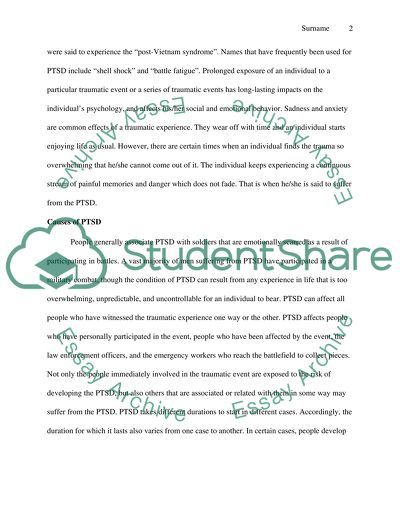Cite this document
(“Posttraumatic stress disorder (PTSD) Term Paper”, n.d.)
Posttraumatic stress disorder (PTSD) Term Paper. Retrieved from https://studentshare.org/psychology/1450312-post-traumatic-stress-disorder-on-military-and
Posttraumatic stress disorder (PTSD) Term Paper. Retrieved from https://studentshare.org/psychology/1450312-post-traumatic-stress-disorder-on-military-and
(Posttraumatic Stress Disorder (PTSD) Term Paper)
Posttraumatic Stress Disorder (PTSD) Term Paper. https://studentshare.org/psychology/1450312-post-traumatic-stress-disorder-on-military-and.
Posttraumatic Stress Disorder (PTSD) Term Paper. https://studentshare.org/psychology/1450312-post-traumatic-stress-disorder-on-military-and.
“Posttraumatic Stress Disorder (PTSD) Term Paper”, n.d. https://studentshare.org/psychology/1450312-post-traumatic-stress-disorder-on-military-and.


